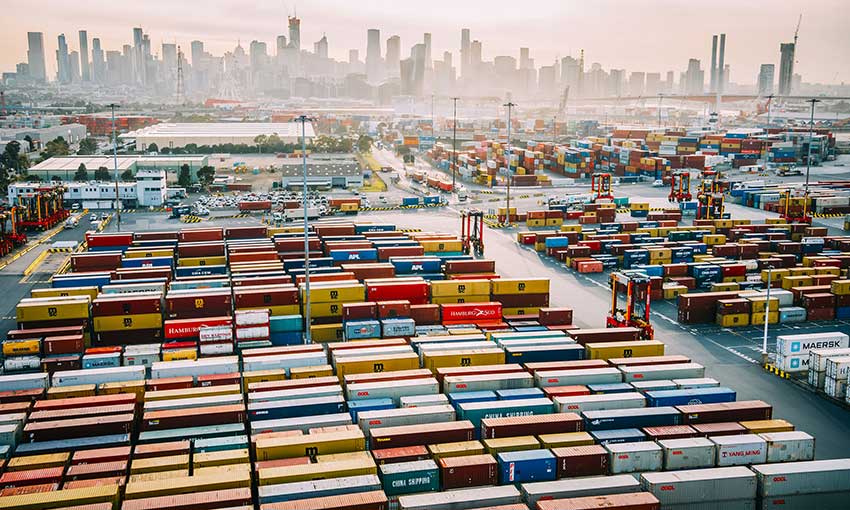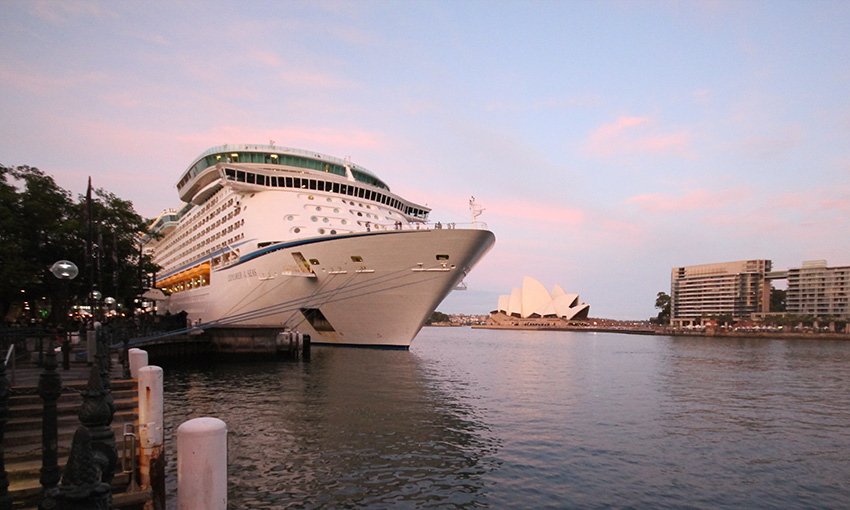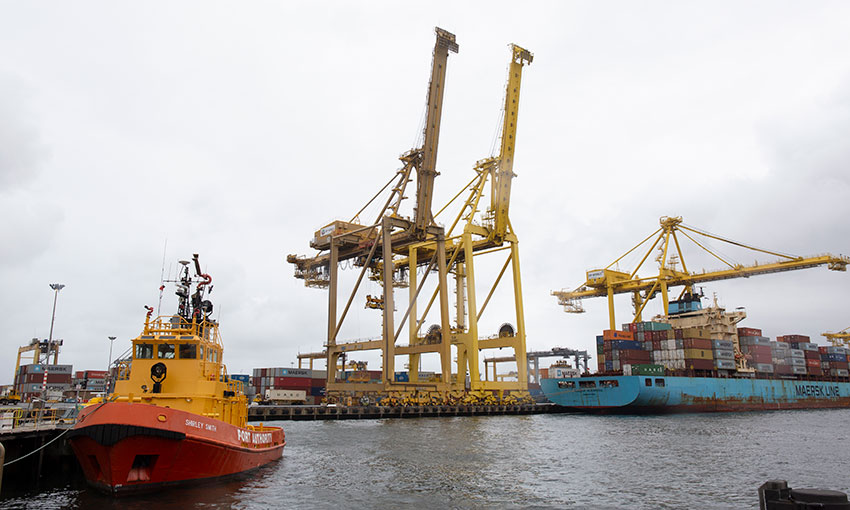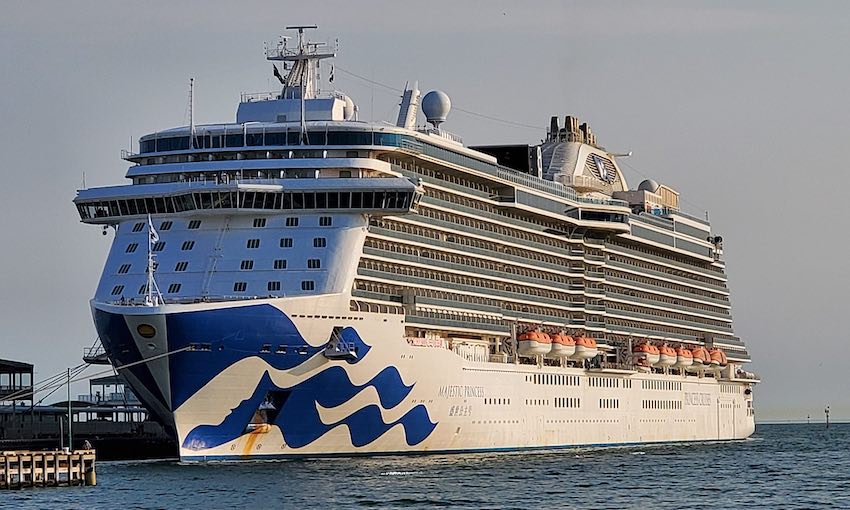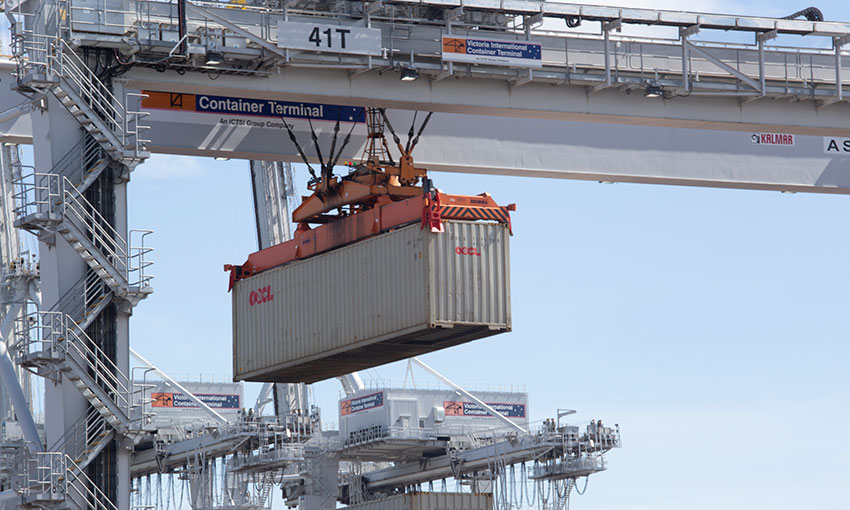TWO employees have tested positive for COVID-19 at Patrick’s Melbourne terminal over the past week, putting 32% of the stevedore’s workforce at the port out of action.
Patrick said vessels are berthing up to four days behind schedule at Melbourne currently.
The first case of COVID at the terminal was reported on Friday evening. A second positive result among the workforce was announced today (6 October) and is not linked to the previous case.
The employee’s last rostered shifts were afternoon shifts on the 30 September and 1 October. There were 87 close contacts identified with this case and eight casual contacts. The close contacts will need to isolate for 14 days regardless of test results.
There are now 109 employees in Patrick’s Melbourne workforce who are unavailable to work and must serve a 14-day isolation period. This includes 22 close contacts from the first identified COVID case. All 31 casual contacts identified from the first case have since received negative results and have been cleared to return to work today.
Patrick said delays at its Melbourne terminal are expected to increase “exponentially” as a result of these COVID cases and the ongoing industrial action at the terminal. However, shortly after the second COVID case was announced, the union withdrew its notices of industrial action at the terminal.
The Maritime Union of Australia last month issued 40 notices of industrial action for the Melbourne terminal, including 12 hours of work stoppages every Monday, Wednesday and Friday throughout October (excluding Friday, 1 October).
Before the union withdrew the industrial action notices, Patrick Terminals CEO Michael Jovicic urged it to withdraw them to allow operations to recover in these “debilitating circumstances”.
“Currently 32% of our Melbourne workforce are unavailable to attend work and will need to isolate for a 14-day period,” he said.
“This is not a time to be holding our Melbourne terminal to ransom when so many importers and exporters are relying on our services for the movement of their cargo.”

